
VANCOUVER — Summer, a friendly new face at the Humane Society for Southwest Washington, excitedly explored the enclosed dog walking area as her handler presented her with dog treats. Summer was happy to be outside after a long journey.
The Humane Society of Southwest Washington takes in and adopts out thousands of dogs every year, but new arrival Summer is special, said Denise Barr, vice president of marketing for the Humane Society of Southwest Washington. She is one of 24 dogs that recently arrived at the shelter from animal shelters in Florida affected by Hurricane Irma.
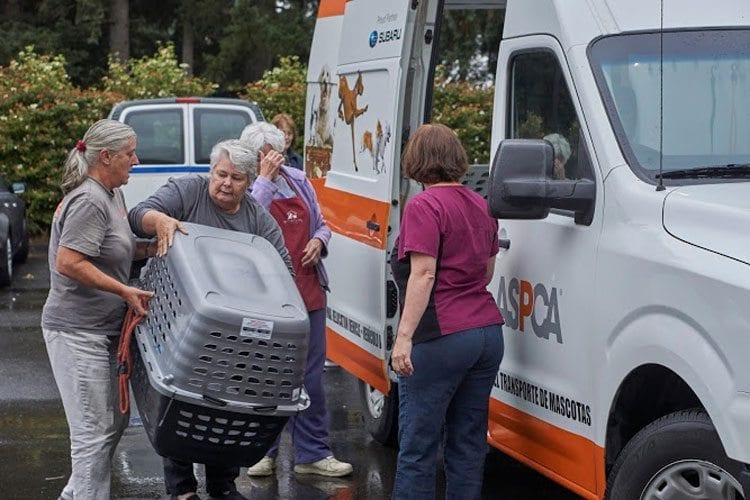
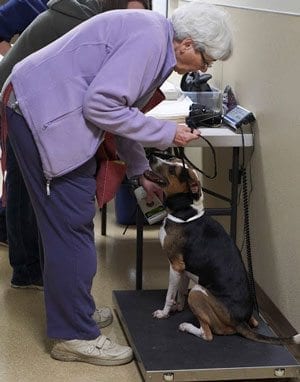
On Sunday, the dogs arrived at the Humane Society in an American Society for the Prevention of Cruelty to Animals van after a flight to California from Florida. Volunteers examined the animals and helped get them settled at the Humane Society.
Lisa Feder, vice president and director of shelter operations, said that the dogs the Humane Society received were dogs that had already been in Florida shelters prior to the hurricane.
“These dogs are not dogs that have been displaced by the floods,” Feder said. She emphasized that this means the newly arrived dogs did not have owners or families that would be looking for them.
Rather, Feder said that the dogs were moved to Washington from their previous shelters to allow those shelters to care for dogs displaced by the recent hurricanes and potentially reunite pets and owners.
For the Humane Society, the influx of 24 dogs is actually part of a year round cycle of animal transports they receive and help adopt out, Feder said. According to Feder, the Pacific Northwest as a whole tends to have a very high adoption rate for shelter pets. However, there is often not a large enough supply of adoptable animals to fill the demand for adoptions.
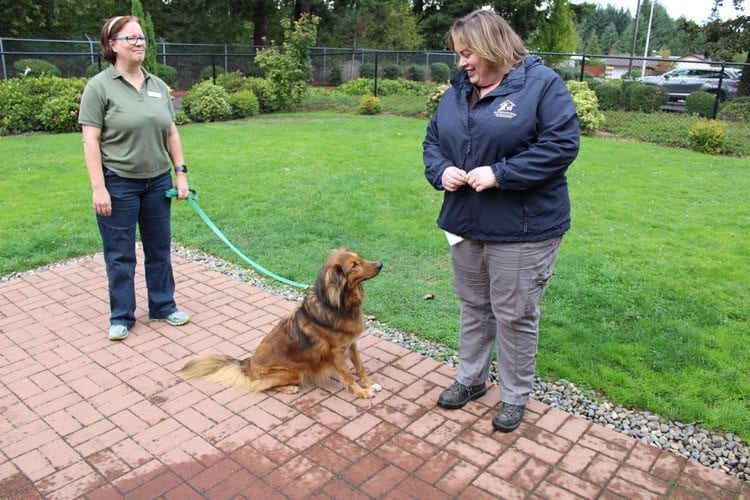
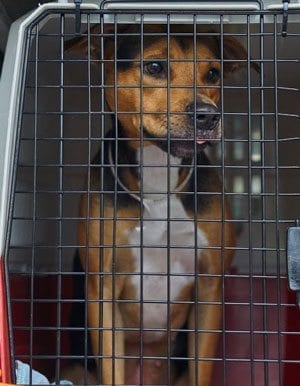
Feder said that the Humane Society already takes in approximately 2,000 animals every year from other parts of the country. Because a high adoption rate and low supply means that the Humane Society often needs more dogs to meet its needs, “we can help shelters in California and Arizona and Texas that have the opposite problem,” Feder said.
Because the Humane Society already takes part in regular animal transports, Feder said that the center is connected with programs that geared up to help animals in the wake of the recent hurricanes.
According to Barr, Sunday’s recent transport was sponsored jointly by Fed-Ex, the Golden State Warriors basketball team and the Miami Heat basketball team.
“The systems are already in place, it’s just exponentially increased and targeted because of the hurricanes,” Feder said.
According to Feder, the Humane Society has been participating in transports of animals for about five years. Intake numbers have been decreasing at local shelters due to the success of spay and neutering campaigns, said Barr.
This decrease in intakes means that local animal shelters are in a position to be able to receive animals from outside the region to help supply adoptions, according to Feder. Therefore, space in the local shelter is not an issue when dogs from areas impacted by disasters are brought in.
“We can accommodate much more than we’ve been asked to,” Feder said.
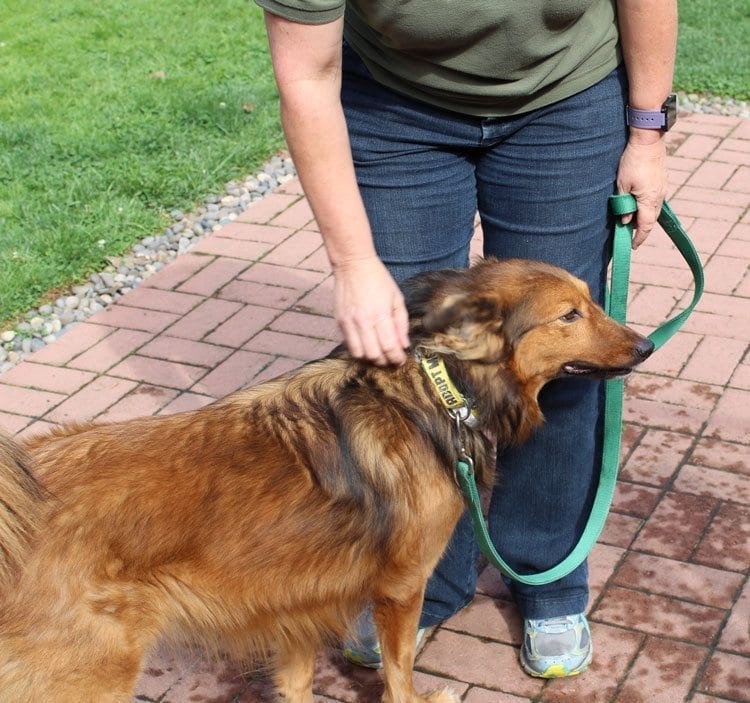
It is likely that even as recovery operations begin in areas of the country affected by hurricanes, the Humane Society will still receive transports from affected shelters, Feder said, as the affected shelters work to recover and return to normal operation.
“We expect that we will be taking animals for the next three to six months, potentially even a year, from Texas and Florida,” Feder said.
In addition to emphasizing that none of the dogs received by the Humane Society had been displaced by the hurricanes and had been up for adoption prior to the disasters, Feder said that all of the dogs had been examined by veterinarians in Florida and upon arrival at the Humane Society. They have been cleared of contagious diseases, including heartworm.
“We’re not bringing sick dogs into the area,” Feder said.
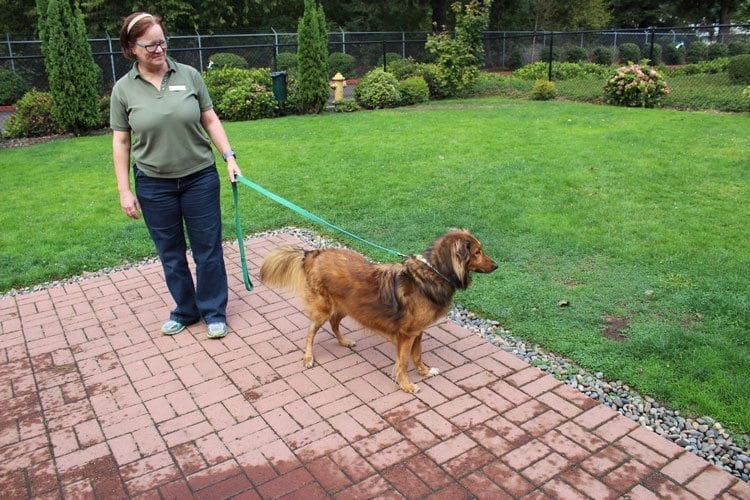
The newly arrived dogs from Florida will be available for adoption later in the week, Feder said, with some potentially being ready for adoption as early as Tuesday. They were not immediately listed for adoption because most had not been spayed or neutered, and the Humane Society staff wanted to give the new arrivals time to adjust after the trip.
Adoptable dogs are listed on the Humane Society for Southwest Washington’s website, and those received in the wake of hurricanes Harvey and Irma have special tags in their kennel highlighting this fact.
More information about the Humane Society for Southwest Washington, as well as adoptable animals and adoption information, can be found online at https://southwesthumane.org/. The shelter can be visited Tue. through Sun. from 12 p.m. until 6 p.m. It is located at 1100 Northeast 192nd Avenue Vancouver, Washington 98684.




